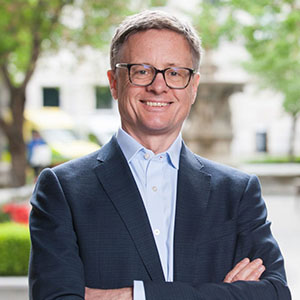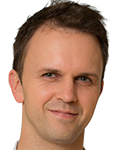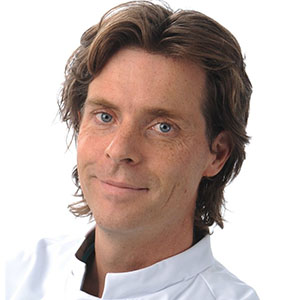01
Feb
2018
18:00
GMT
Webinar
Optimizing Fluoroscopy During Cryoballoon Ablation
-
Views:
 3423
3423
-
Likes:
 0
0
Overview
The EP field is undergoing an important transformation with regard to radiation protection of patients and medical providers. The goal is to achieve an optimal balance for the necessity of complex, and sometimes lifesaving, imaging with levels of harmful radiation exposure.
The purpose of this webinar is to support participants interested in advancing their Cryoballoon AF ablation practice. The webinar faculty will review state-of-art radiation dose management practices to promote safety and awareness. They will discuss common pitfalls resulting in prolonged fluoroscopy use and ways to avoid these. In addition, the presenters will draw on their clinical experience for an in-depth discussion on the various techniques utilized to reduce exposure to fluoroscopy while performing Cryoballoon pulmonary vein isolation ablation.
The first Arctic Front Cardiac Cryoablation procedure took place in 2005 and since then over 300,000 patients have been treated with Cryoballoon in over 1600 centers worldwide. The efficiency benefits of this unique single-shot therapy are obvious and well documented in the more than 600 peer-reviewed scientific articles. The results of the recent FIRE AND ICE trial, the largest prospective randomized study comparing effectiveness and safety of the Arctic Front family of cryoablation catheters vs. point-by-point RF ablation guided by 3D-mapping and navigation, highlight an important global shift to value-based healthcare, measured by the ability to standardize the index PVI procedure. The impact on patient outcomes as well as the economic value for the global healthcare systems is significant.
Faculty:

Richard Schilling

Andreas Metzner

Lukas RC Dekker
This webinar is supported by

Key Learning Objectives
- Review practical steps to reduce radiation exposure in the EP lab
- Optimize radiation dose and image quality during Cryoballoon ablation procedures
- Improve knowledge of Cryoballoon AF ablation (tips and techniques)
Target Audience
- Cardiac electrophysiologists and allied health professionals performing and assisting during Cryoballoon AF ablation procedures
- Healthcare professionals using alternative AF ablation techniques will also find this topical
Faculty Biographies

Richard Schilling
Prof Schilling has been a consultant cardiologist at St Bartholomew’s and the Royal London NHS trust since 2001. He was appointed as chair in cardiology and electrophysiology in 2009. His current practice involves all aspects of electrophysiology and management of cardiac arrhythmia including catheter ablation, implantation of pacemakers and cardiac defibrillators, and cardiac resynchronization therapy for heart failure patients.
Prof Schilling was part of the team that lead the merger of the Heart and Barts hospitals which is one of the largest heart centers in Europe. He is the Strategy Director for Barts Hospital, the Medical Director for the Arrhythmia Alliance and President-Elect for the British Heart Rhythm Society.

Andreas Metzner
Dr. Metzner has been a Senior physician (Oberarzt) at the cardiac electrophysiology department at the Asklepios Klinik St. Georg in Hamburg, Germany, since 2013. He and his colleagues, under the leadership of Prof. Karl-Heinz Kuck, perform more than 2,000 cardiac ablations per year and are continuously engaged in the development and evaluation of innovative treatment options for cardiac arrhythmias.
Dr. Metzner is committed to teaching and is a European lecturer and an international expert in atrial fibrillation ablation. He is an established researcher and author, and has published and co-authored over 100 scientific papers. Dr. Metzner is a member of the German Cardiac Society and the European Heart Rhythm Association.

Lukas RC Dekker
Since 2008 Dr. Dekker has been a Senior physician at the cardiac electrophysiology department at the Catharina Hospital in Eindhoven,the Netherlands. Together with his arrhythmology team Dr Dekker performs about 1500 cardiac cardiac ablations annually. The team always works in a context of progressive innovation endorsed by the vision of the Catharina hospital: progressive and always looking for new ways to improve care and safety.
Dr. Dekker is committed to training and innovation in the field of the arrhythmology from genetic to clinical applications. He is an established researcher and author, and has published and co-authored over 60 scientific papers. He is a part-time researcher at the Eindhoven Technical University.





